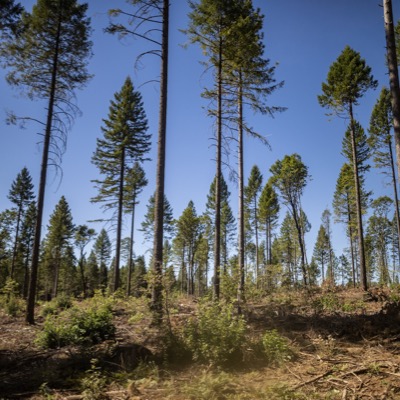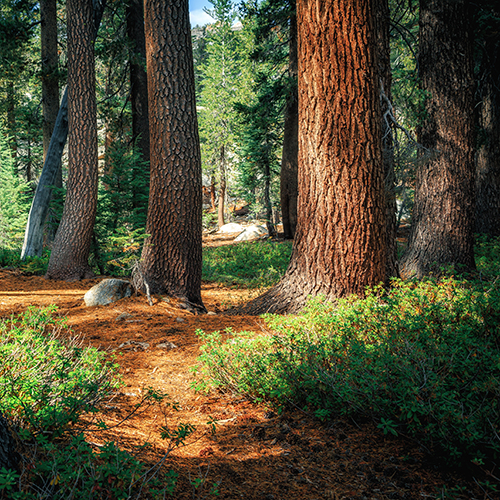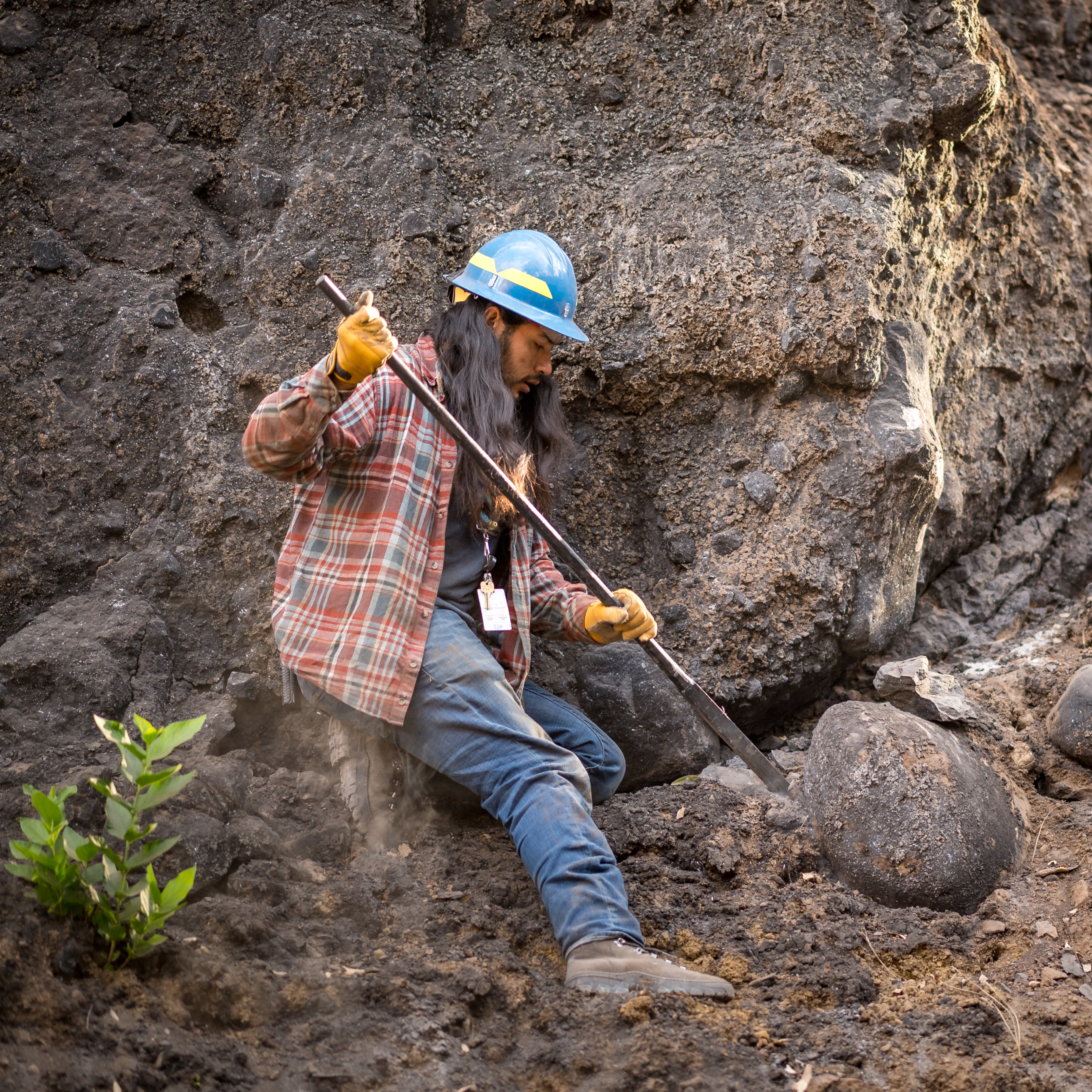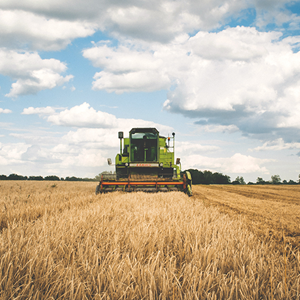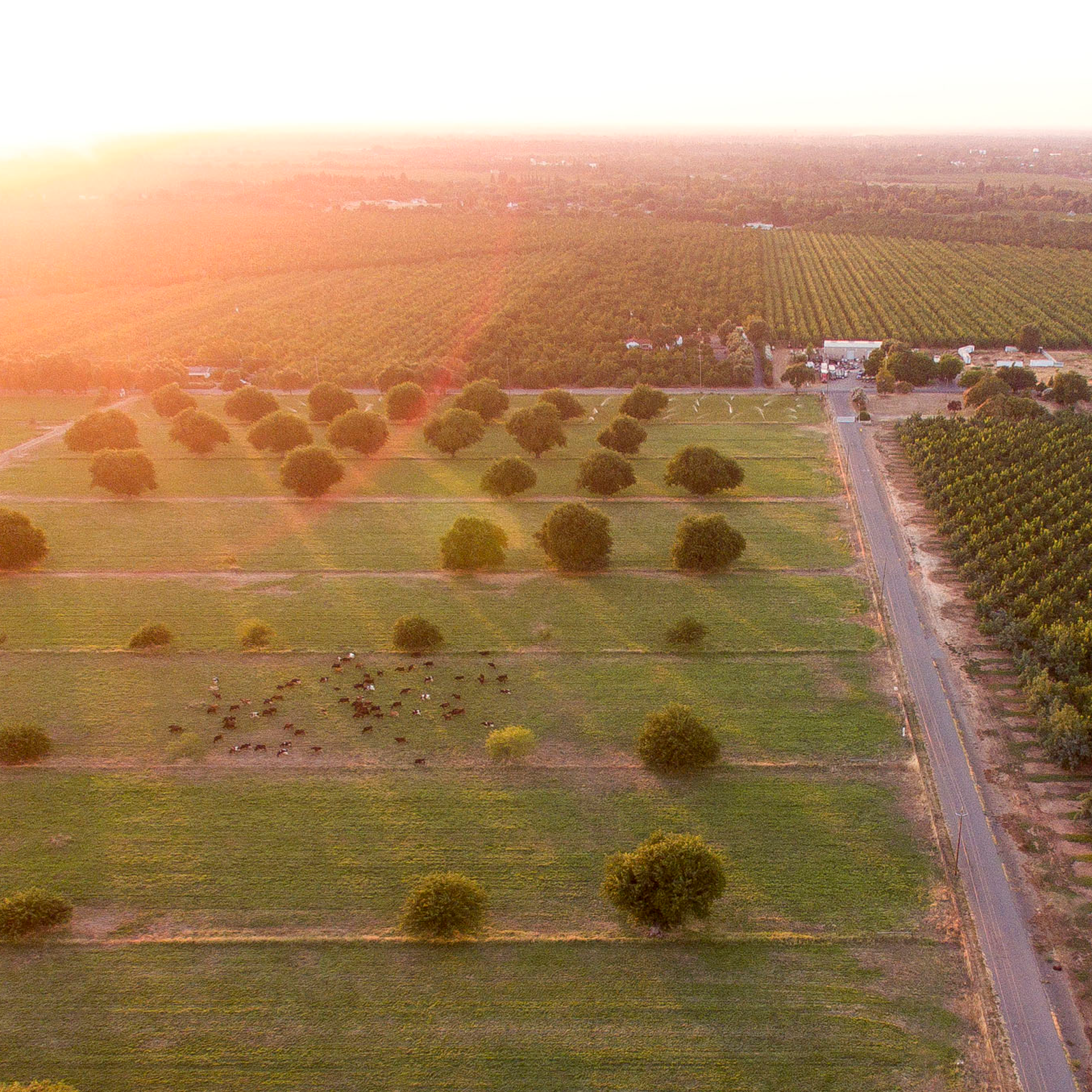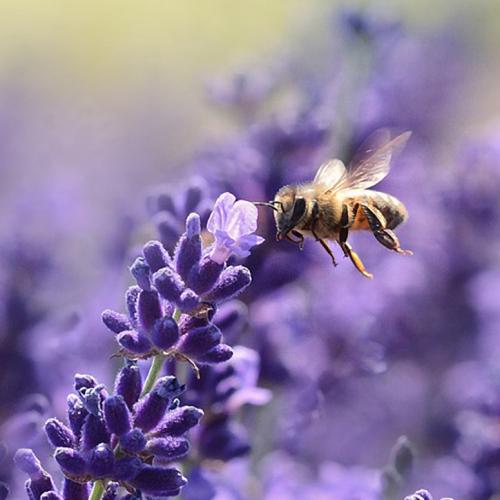Regenerative Agriculture Professional Courses
Register now for Ecological Range Management and Adaptive Grazing!
Class starts February 17, 2026
California is the nation’s leading agricultural producer by total receipts, generating over $50 billion in 2019, far exceeding the number two leading state of Iowa ($27.5 billion). By sheer size and productivity, California has significant potential to contribute to working lands conservation efforts.
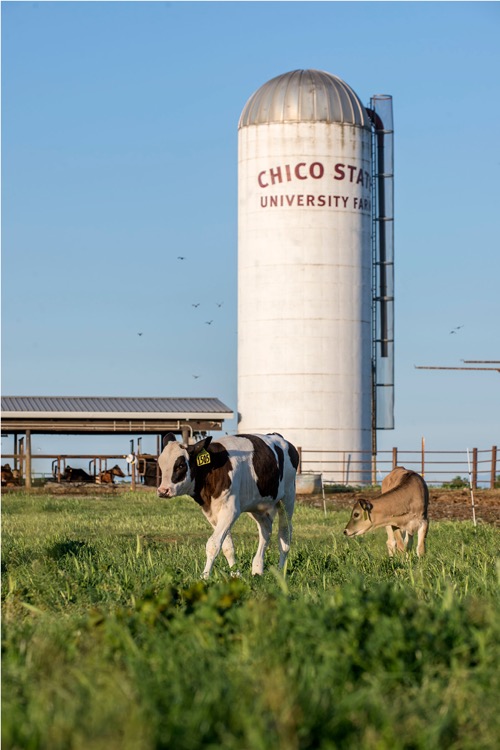 However, climate change, diminishing soil health, low implementation of conservation efforts, and lack of knowledge and/or access to information, training, and assistance with systems-based agricultural management have left us less resilient and more vulnerable to economic and environmental threats.
However, climate change, diminishing soil health, low implementation of conservation efforts, and lack of knowledge and/or access to information, training, and assistance with systems-based agricultural management have left us less resilient and more vulnerable to economic and environmental threats.
The Center for Regenerative Agriculture and Resilient Systems at Chico State has developed a series of professional courses on the theory and best practices in the areas of ecological management, conservation, and planning. In addition to current, relevant, and actionable information from subject-matter experts, each of the courses incorporates:
- Fully online delivery for flexibility and convenience
- Lectures and coursework (5–6 hours per week) completed at your own time and pace
- Weekly, one-hour live-online discussions with participants and faculty
- Pass/No Pass quizzes to gauge your mastery of the content
- Certificate of completion given at the end of each course
Course Registration
Follow these steps to view all available courses for registration, or select the individual links listed in the course details.
- Go to the PCE*REG site.
- Log In from the menu bar using your Chico State username and password. If you are new to Chico State, proceed as a New Student.
- Click View Classes
- Select RCED - Regional & Continuing Educ from the Subject filter.
- Add class(es) to your cart, then confirm your student information.
- Pay by credit card, scholarship code, or third-party funding.
Fees must be paid at the time of registration, unless you have one of the following:
Scholarship Code
- In the field for Scholarship/Discount Code, enter the course-specific code given to you by the awarding organization.
- Click Apply.
Third-Party Payer - DOR, VA, or other funding
- Under Other Payment Method, select Yes for "I have a different funding source."
- Select Third Party Payer for "Alternative Funding Source".
- Upload your authorization document or provide notes/comments regarding your alternative funding source. We will follow up with you for additional information.
Courses
Ecological Range Management and Adaptive Grazing | |
Faculty: Wendell Gilgert, M.S. [Bio] This course addresses whole ranch and grazing management planning and design, with a focus on climate smart/regenerative practice implementation and assessment. We will explore key concepts, including the Holistic Management (HMI or Savory) and the Nine Step Conservation Planning Process from NRCS. Topics Include:
This course may be taken singly for continuing education purposes or general interest. It is an elective course for the Technical Assistance Provider Certification Program. |
Course: RCED 971E SECT 901 Course Dates: February 17–March 27, 2026 Live-Online Discussions: Tuesdays, 9–11 a.m. PST Course Fee: $650 Registration Deadline: February 15
Be sure to log in using your Chico State credentials! |
Regenerative Forestry | |
Faculty: Dr. Cindy Prescott [Bio] The aim of regenerative forestry is to promote the abundance, diversity and functioning of soil life, to better enable forests to be resilient in the face of stresses they will face in the 21st century. Soil life can be stewarded through practices that promote the flux of carbon from plants to the belowground ecosystem. This course will first present our current scientific understanding of the diversity of life belowground in forests and the fluxes of plant carbon that fuel the belowground ecosystem. We will then explore how forestry practices could be adapted to promote soil biodiversity and functioning. Students will be tasked with envisioning a management strategy that would foster belowground life in a forest that they are familiar with. This course may be taken singly for continuing education purposes or general interest. It is an elective course for the Technical Assistance Provider Certification Program. |
Course: RCED 971M SECT 901 Course Dates: April 14–May 8, 2026 Live-Online Discussions: Tuesdays, 9–11 a.m. PST Course Fee: $500 Registration Deadline: April 12
Be sure to log in using your Chico State credentials! |
Tribal Co-Stewardship Conservation Planning: A Modoc Nation Case Study | |
Faculty: Ken Sandusky [Bio] This class is an introduction to tribal relations, cultural competency, and understanding your tribal partners. We'll discuss the benefits of meaningful tribal relations, cultural applications, and the link between indigenous culture and traditional cultural practices. Specifics will include the role of wildfire in the ecosystem, traditional fire use, tribal relations techniques, partnership building, and project design and implementation. Course goals include:
This course may be taken singly for continuing education purposes or general interest. It is an elective course for the Technical Assistance Provider Certification Program. |
Course: RCED 971N SECT 901 Course Dates: May 12–June 5, 2026 Course Fee: $500 Registration Deadline: May 10
Be sure to log in using your Chico State credentials! |
Introduction to Beekeeping | |
Faculty: Emily Helton [Bio] Emily Helton served for six years as a Research and Extension Technician at the University of Florida Honey Bee Lab where she contributed to research on native bees, varroa mites, pesticides, nutrition, and more. She helped develop the University of Florida’s Online Master Beekeeper Program, wrote the book, "Expert Guide to Honey Bees & Beekeeping," and leads public education efforts at the Honeybee Discovery Center. This course introduces students to the biology of honey bees (Apis mellifera) and provides a comprehensive overview of beekeeping practices. Students will learn about the life cycle, anatomy, behavior, and ecology of honey bees and explore essential beekeeping methods such as hive management, honey production, and disease control. The course combines theoretical and practical knowledge. This course may be taken singly for continuing education purposes or general interest. It is an elective course for the Technical Assistance Provider Certification Program. |
Course: RCED 971P SECT 901 Course Dates: June 16–July 10, 2026 Course Fee: $500 Registration Opens: April 1 Registration Deadline: June 14
|
Farm/Ranch Planning and Design | |
Faculty: Dr. Cynthia Daley [Bio] and Lindsey Hethcote [Bio] This course supports the transitional process to a plan, implement, monitor, replan management framework that encourages producers and ag professionals to work through a systems lens that addresses economic success and improved land health. Participants will develop a vision that incorporates management goals, establish a land management plan, and identify metrics to quantify outcomes and reassess their plan annually. Topics include:
This course may be taken singly for continuing education purposes or general interest. It is a required course for the Technical Assistance Provider Certification Program. |
Course: RCED 971D SECT 901 Course Dates: July 21–August 28, 2026 Course Fee: $650 Registration Opens: April 1 Registration Deadline: July 19 |
Regenerative Agriculture Systems: Systems Theory and Practice | |
Faculty: Dr. Cynthia Daley [Bio] An introduction to management approaches that focus on the interactions and synergies of ecosystem processes (energy flow, water and nutrient cycles, and community dynamics) to leverage the power of photosynthesis to improve water use efficiency and soil health across a variety of agro-ecosystems using appropriate production practices. Topics include:
This course may be taken singly for continuing education purposes or general interest. It is a required course for the Technical Assistance Provider Certification Program. |
Course: RCED 971A SECT 901 Course Dates: Fall 2026 Course Fee: $650 |
Introduction to Soil Health Management | |
Faculty: Dr. Garrett Liles [Bio] Understand the connection between soil health and primary productivity and, ultimately, food and fiber quality. This course will cover soil properties, metrics of soil health, and influences of production practices and soil management systems (integrated practices) on these components. Soil sampling, analysis and interpretation are presented, along with monitoring strategies to ensure on-farm success. Topics include:
This course may be taken singly for continuing education purposes or general interest. It is a required course for the Technical Assistance Provider Certification Program. |
Course: RCED 971B SECT 901 Course Dates: Fall 2026 Course Fee: $650 |
Pollinator Habitat | |
Faculty: Ana Medic, M.S. [Bio] Learn about pollinators and building habitats to conserve them in agricultural systems. This course will provide tools to identify native pollinators and honeybees, as well as explore the agricultural practices that enhance pollination services by these species. Topics will include the importance of establishing pollinator habitat, including plant choice, hedgerows, cover crops, and other pollinator-friendly practices. This course may be taken singly for continuing education purposes or general interest. It is an elective course for the Technical Assistance Provider Certification Program. | Course: RCED 971K SECT 901 Course Dates: Spring 2027 Course Fee: $500
|
TAP Certification
The Center for Regenerative Agriculture and Resilient Systems (CRARS) at Chico State has developed this Technical Assistance Provider (TAP) Certification Program to support the expansion of systems-based farm, ranch, and forest management practices on California working lands. It fosters conversation and innovative, collaborative strategies to address current and future threats and opportunities for California agricultural production.
For more information about the TAP Certification Program, visit the program website.

